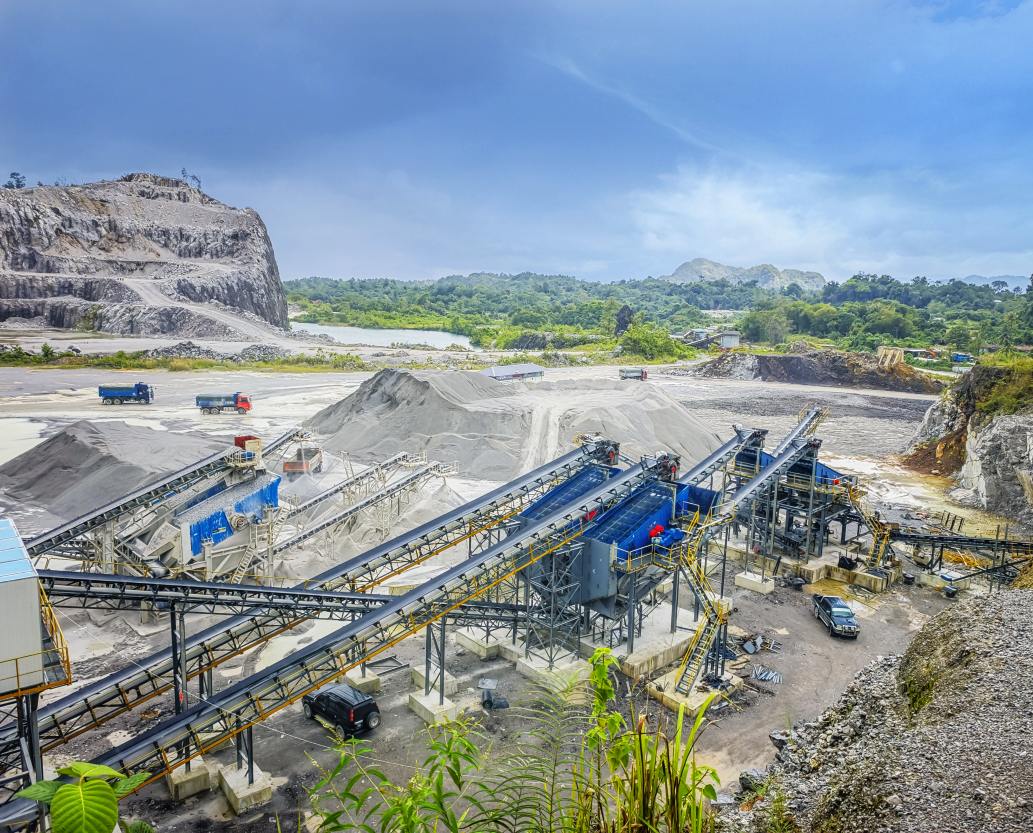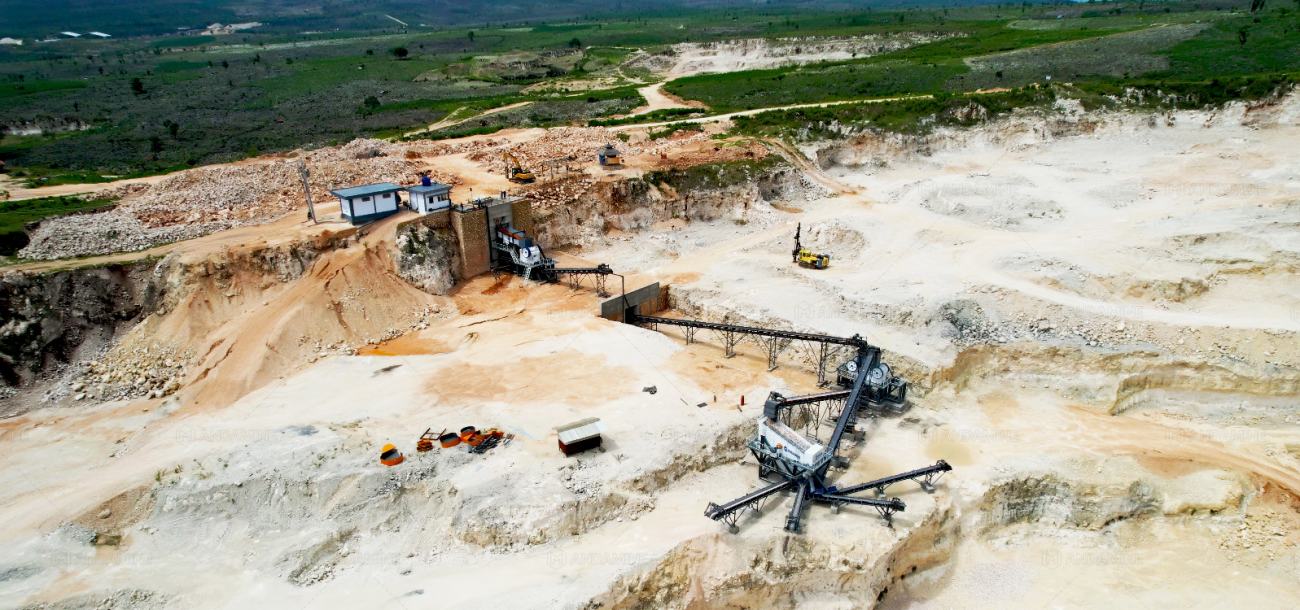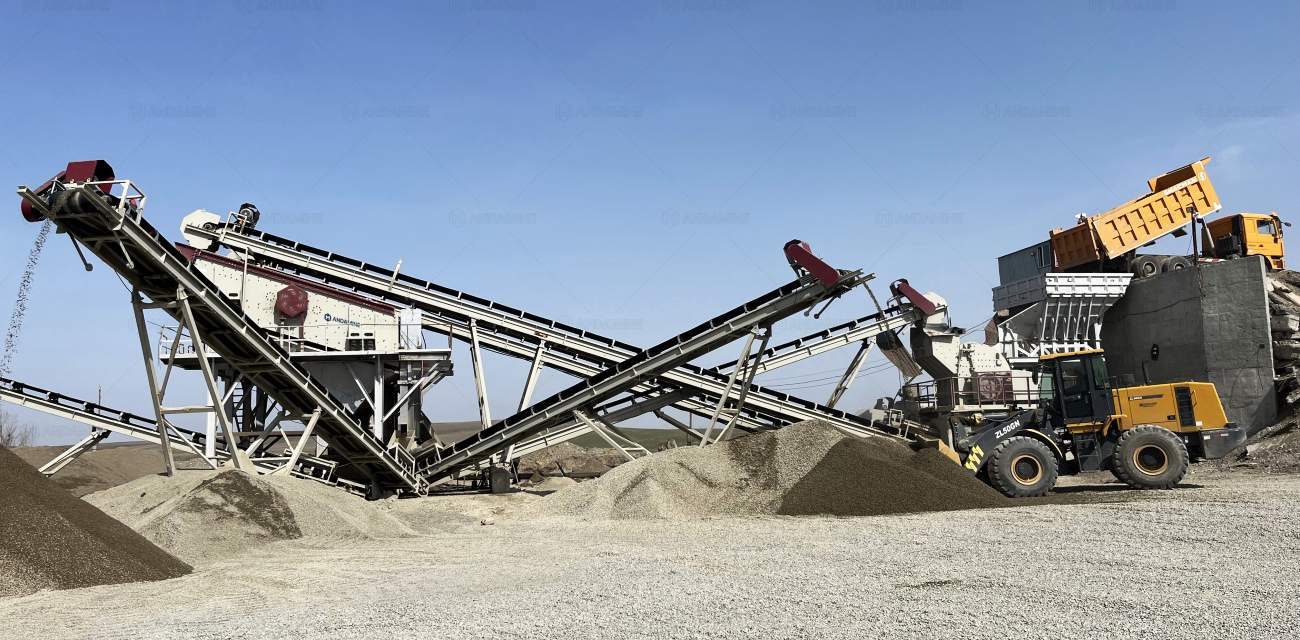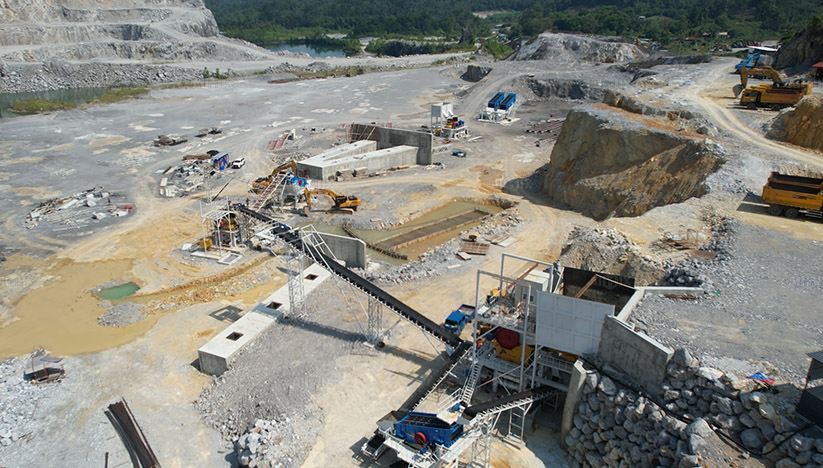In modern construction and mining projects, timely completion and efficient material handling are critical for profitability and project success. A crushing plant for sale can significantly enhance project scheduling and logistics by enabling on-site material processing, reducing transport dependency, and streamlining operations. This article explores how crushing plants impact scheduling and logistics, with examples including crusher plant in Saudi Arabia for sale, mesin stone crusher, and stone crusher in Uzbekistan.

Enhancing Project Scheduling with On-Site Crushing
One of the most significant advantages of purchasing a crushing plant for sale is the ability to process raw materials directly at or near the construction site. Traditional workflows often rely on transporting raw aggregates from distant quarries or suppliers, which can lead to delays due to traffic, long haul distances, or supply chain disruptions.
For instance, a crusher plant in Saudi Arabia for sale can be deployed near large infrastructure or urban development projects, allowing continuous production of crushed stone and aggregates. By producing materials on-site, project managers can reduce downtime and maintain tight schedules, even when project requirements change unexpectedly. This on-demand production capability ensures that construction crews always have access to the materials they need.
Streamlining Material Logistics
Material logistics is often a bottleneck in construction projects, particularly when handling heavy aggregates. Using a mesin stone crusher, contractors can integrate storage, feeding, and crushing systems into a single setup. This reduces the need for multiple trucks or handling equipment, minimizing material loss and preventing supply shortages.
Additionally, mobile or semi-mobile crushing plants allow equipment to be relocated as the project progresses. For example, a stone crusher in Uzbekistan used in road construction can move along the project route, ensuring materials are processed close to the work site. This flexibility reduces haul distances, transportation costs, and fuel consumption while improving operational efficiency.

Reducing Transportation Costs and Risks
Transporting raw materials and crushed stone over long distances can be expensive and risky. Fuel costs, vehicle wear, and potential spillage contribute to operational expenses, while delays in transport can impact project timelines.
A crusher plant in Saudi Arabia for sale can mitigate these challenges by providing on-site crushing capacity. Producing aggregates locally reduces the number of trips required to transport materials, lowers fuel consumption, and minimizes the environmental impact. Similarly, using a mesin stone crusher in remote locations allows for immediate processing of materials, decreasing dependency on third-party logistics and improving scheduling predictability.
Supporting Multi-Phase and Linear Projects
Large-scale construction projects often involve multiple phases with varying material requirements. Crushing plants enable project managers to scale production according to demand. Mobile or modular units, such as stone crusher in Uzbekistan, can be set up quickly at different locations, providing consistent material supply for each phase without the need for separate stationary plants.
This flexibility is particularly valuable for linear projects, including highways, railways, and pipelines, where material needs shift along the construction route. By relocating the crushing plant as the project progresses, operators reduce transportation distances, improve resource allocation, and maintain project timelines efficiently.

Improving Operational Efficiency and Material Quality
Modern crushing plants incorporate advanced features that enhance operational efficiency and product consistency. Features such as automated feed systems, real-time monitoring, and digital control panels allow operators to optimize crushing operations, minimize downtime, and ensure uniform material quality.
For example, a mesin stone crusher equipped with automated dosing systems ensures precise aggregate size and gradation, reducing the need for secondary processing. Consistent material quality supports smoother construction workflows, minimizing rework and delays. Efficient crushing operations directly contribute to improved project scheduling, as teams can rely on predictable material availability.
Adapting to Remote or Challenging Environments
Many construction projects, particularly in countries like Saudi Arabia and Uzbekistan, are located in remote or difficult-to-access areas. Transporting raw materials to such sites can be logistically complex and costly. Mobile crushing plants provide a practical solution.
A crusher plant in Saudi Arabia for sale or stone crusher in Uzbekistan can be delivered to remote locations via trucks or trailers and set up within a short time. On-site crushing reduces the need for long-distance hauling, lowers costs, and ensures that projects in challenging terrains can proceed without delays.
Environmental and Sustainability Benefits
Reducing transportation distances and optimizing material handling also has environmental benefits. By processing aggregates on-site with a mesin stone crusher, projects can lower fuel consumption, reduce greenhouse gas emissions, and minimize dust and spillage during transport. This contributes to more sustainable construction practices while supporting regulatory compliance and corporate responsibility initiatives.

Conclusion
A crushing plant for sale plays a critical role in improving project scheduling and logistics by enabling on-site material production, reducing transportation dependency, and supporting flexible, multi-phase operations. Whether it’s a crusher plant in Saudi Arabia for sale, a mesin stone crusher for regional projects, or a stone crusher in Uzbekistan for road and infrastructure works, these machines provide operational efficiency, cost savings, and consistent material quality.
By integrating crushing plants into project planning, contractors can ensure timely delivery of materials, optimize logistics, and reduce environmental impact, ultimately enhancing overall project performance and profitability. Investing in the right crushing plant not only addresses immediate operational challenges but also positions projects for long-term success in an increasingly competitive construction landscape.
